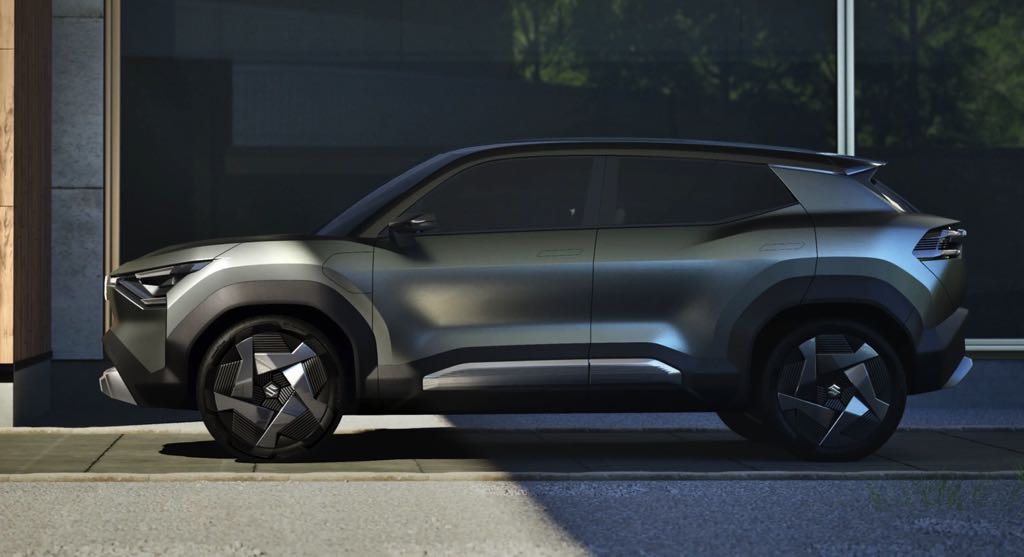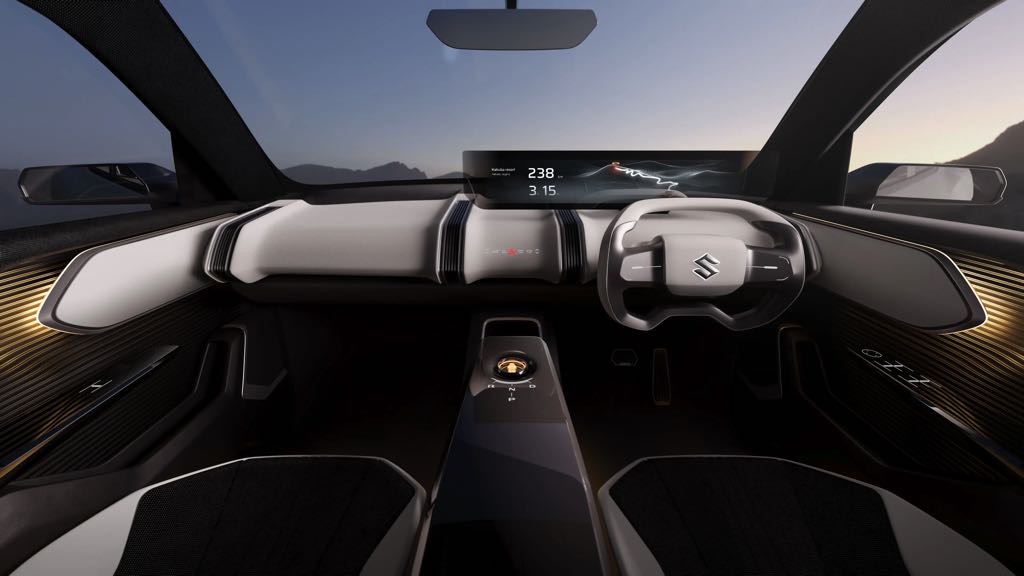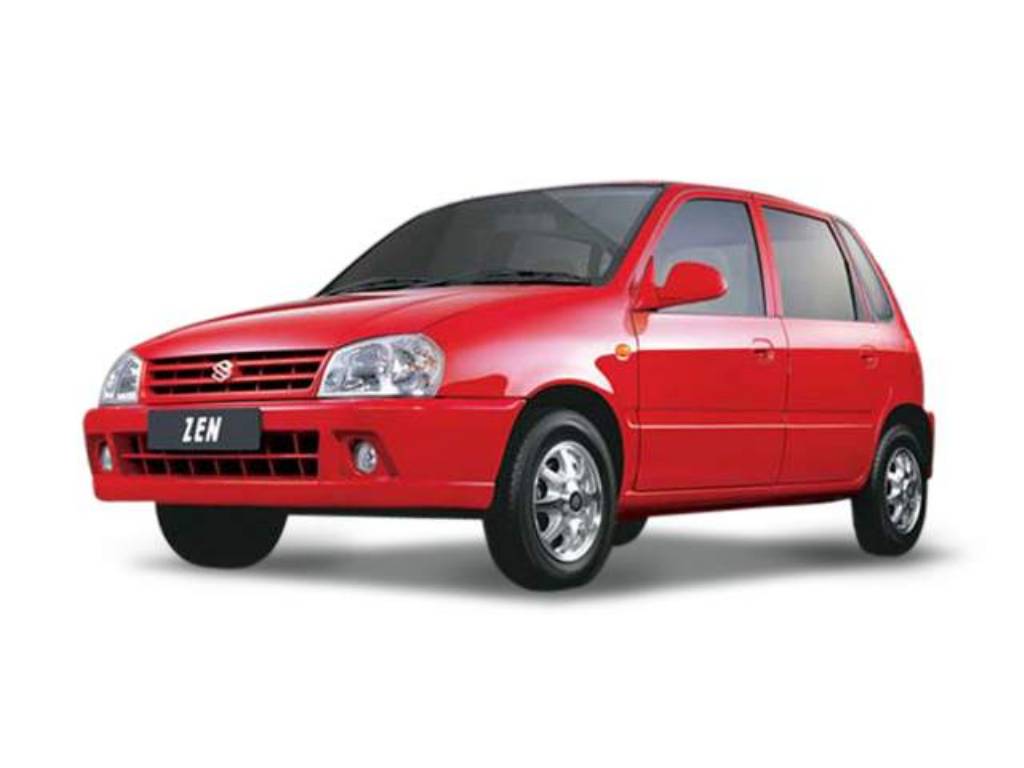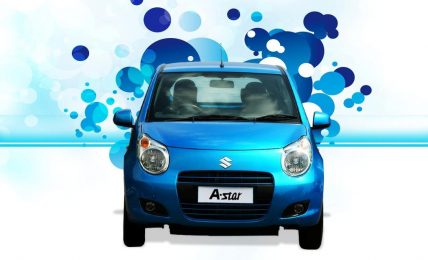
Maruti eVX launch delayed by a few months
The eagerly awaited launch of Maruti eVX electric SUV appears to be encountering a delay of a few months. The brand is grappling with various challenges related to battery supply and software, which have pushed back the start of production (SOP) by approximately five months.
The eVX, which is slated to be manufactured in India and exported, is now facing a delay in both its international and India launch plans. This setback is also expected to impact Toyota’s version of the eVX.
Sources indicate that the start of production for the Maruti eVX SUV might be pushed from September 2024 to February 2025 at the earliest. Consequently, its export to Europe and Japan is likely to be postponed from the end of 2024 to the following year. This delay could potentially affect Suzuki’s plans to enter Europe’s competitive EV market, as Maruti Suzuki is a significant export base for the eVX, with a substantial portion of the planned output earmarked for overseas markets.
The postponement underscores the challenges associated with software development in EVs, attributed to the intricate nature of electric powertrains and the constant need for updates and innovation. Maruti Suzuki appears keen on ensuring a glitch-free product launch by addressing these challenges before proceeding with the SOP.
Despite this delay, Maruti Suzuki remains committed to its long-term plan of launching six electric vehicles in India by FY31. The company aims to penetrate multiple segments, ranging from hatchbacks to SUVs, with electric vehicles projected to constitute around 15 percent of its total sales by the end of the decade.
Following the eVX, Maruti Suzuki plans to introduce the YMC MPV and an EV hatchback based on the eWX concept showcased at the Japan Mobility Show in 2023. Despite criticisms for its late entry into the EV space, Maruti Suzuki emphasises its strategic approach of localising parts and manufacturing in India for global operations.
Maruti Suzuki believes it is entering the EV market at an opportune time, with the market share for EVs projected to reach 3-5 percent. This timing coincides with the introduction of electric vehicles by competitors such as Hyundai and Mahindra.
Amidst its ambitious plans, Maruti Suzuki faces the challenge of managing a large product portfolio and an overburdened R&D department, leading to anticipated delays of three to six months for some of its ICE models.





